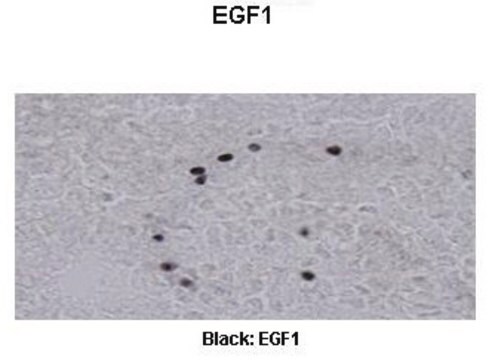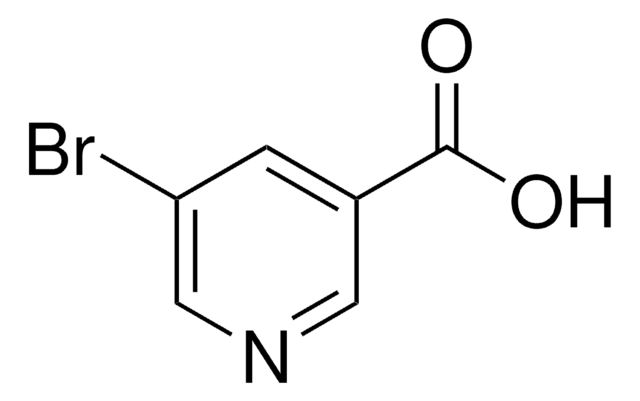AB1553
Anti-Metabotropic Glutamate Receptor 2/3 Antibody
Chemicon®, from rabbit
Sinónimos:
mGluR2/3
About This Item
Productos recomendados
origen biológico
rabbit
Nivel de calidad
forma del anticuerpo
affinity isolated antibody
tipo de anticuerpo
primary antibodies
clon
polyclonal
purificado por
affinity chromatography
reactividad de especies
rat, monkey
fabricante / nombre comercial
Chemicon®
técnicas
immunohistochemistry (formalin-fixed, paraffin-embedded sections): suitable
western blot: suitable
Nº de acceso NCBI
Nº de acceso UniProt
Condiciones de envío
wet ice
modificación del objetivo postraduccional
unmodified
Información sobre el gen
rat ... Grm2(24415)
rhesus monkey ... Grm2(700214)
Especificidad
Inmunógeno
Aplicación
Neuroscience
Neurotransmitters & Receptors
The antibody has not been tested for use in immunoprecipitation. However, antibodies to the carboxy termini of other glutamate receptors are very effective in immunoprecipitation.
Optimal working dilutions must be determined by end user.
Forma física
Almacenamiento y estabilidad
Información legal
Cláusula de descargo de responsabilidad
¿No encuentra el producto adecuado?
Pruebe nuestro Herramienta de selección de productos.
Código de clase de almacenamiento
11 - Combustible Solids
Clase de riesgo para el agua (WGK)
WGK 3
Certificados de análisis (COA)
Busque Certificados de análisis (COA) introduciendo el número de lote del producto. Los números de lote se encuentran en la etiqueta del producto después de las palabras «Lot» o «Batch»
¿Ya tiene este producto?
Encuentre la documentación para los productos que ha comprado recientemente en la Biblioteca de documentos.
Nuestro equipo de científicos tiene experiencia en todas las áreas de investigación: Ciencias de la vida, Ciencia de los materiales, Síntesis química, Cromatografía, Analítica y muchas otras.
Póngase en contacto con el Servicio técnico








